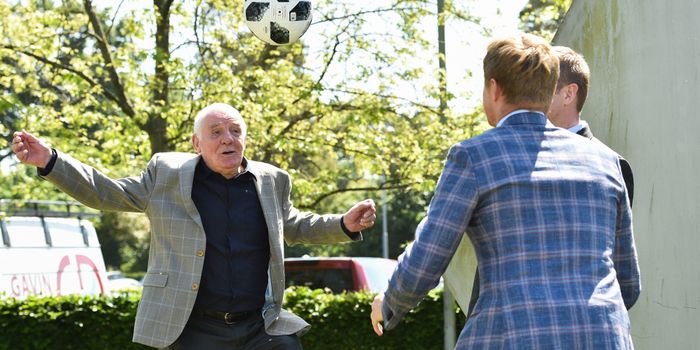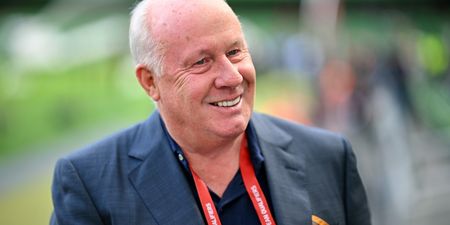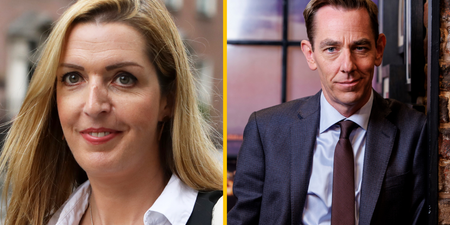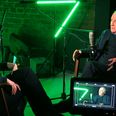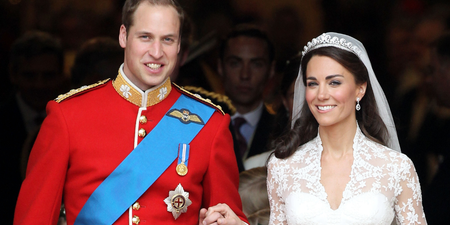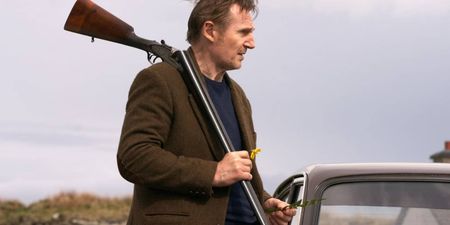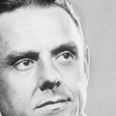There will be some who will wonder if Eamon Dunphy has made the right decision by electing not to renew his contract with RTE.
It is entirely possible that at some time in the future those who consider that Eamon Dunphy has made the wrong decision about renewing his contract with RTE will include Eamon Dunphy.
By the future, of course, we mean anytime from the moment the news was announced on Wednesday because if we know anything it is that holding one point of view has never prevented Eamon Dunphy from holding an entirely contradictory point of view subsequently or, indeed, simultaneously.
His long-awaited second volume of his memoirs is expected to be called Wrong About Everything so it will be no surprise if Dunphy includes this decision when that book is finally published.
He will have the time to work on this memoir now, having announced that he decided two years ago not to renew his contract with RTE, despite the offer of a pay rise so that he could devote his energies to his excellent podcast, The Stand.
Dunphy will now be free from the distraction of appearing on RTE which will allow him to concentrate fully on this enterprise.
Some critics say he turns to the same guests too regularly on the podcast, among them the insightful Niall Stanage, working with the “highly respected’ newspaper The Hill, but this is to miss the point. It is here that we now get the essence of Dunphy and the guests provide a platform to deliver that essence, not the other way around as some might expect.
So when he interviews Richard Dunne, we learn a little about Richard Dunne and more about Dunphy and his views on, say, the lads who like a night out and those like Roy Keane who give up drink. “He was a convert to the other thing and sometimes they’re the worst and I don’t mean that to be insulting to him,” he said, insulting him.
Until The Stand came along, many of us would not have realised that we needed the essence of Dunphy in our lives, maybe having concluded that we had plenty of him to be going along with.
But we were wrong, and in deciding to give up a well-rewarded role with RTE to devote himself to the podcast, Dunphy may have realised this himself.
But missing the point has always been the point, for Dunphy’s detractors as much as Dunphy himself.
He is to be savoured and enjoyed, not to be monitored for inconsistencies, unless they add to your enjoyment.
In his excellent two-parter on the Eighth Amendment, Dunphy went from being ‘a no voter’ while briefly in the presence of John Waters to being undecided when talking to Una Mullally immediately afterwards before declaring towards the end of that interview that ‘I’m not a no’.
Dunphy would go on to appear on TV3 and become both a dream and nightmare guest for a broadcaster on such an issue by being introduced as a No supporter before appearing to make a number of impassioned arguments in favour of a Yes vote.
In one way, he was solving the most delicate of all issues for broadcasters on these matters by providing all the balance they could require. Here they had one guest making point and devastating counterpoint, before describing one view as ‘illogical’, and it was no less persuasive that the view he had described as illogical was not the position of the person sitting opposite him, but of Eamon Dunphy himself.
Even at that fraught time, who could say they were not watching something special? Bizarre and unusual, yes, but were we not being entertained, even at a moment when entertainment was not a priority?
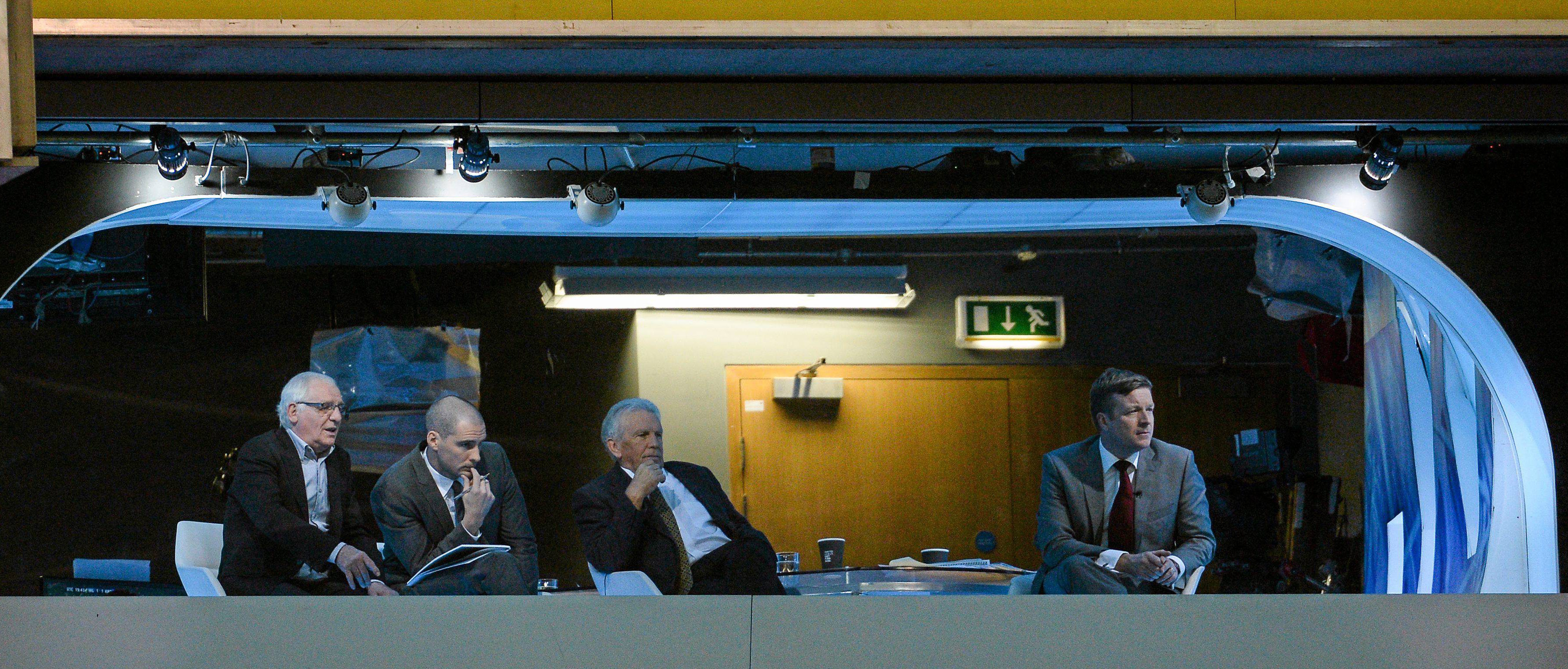
There will be those who will rejoice that Dunphy has decided to leave RTE, because of these dreaded inconsistencies, these sweeping statements and lapses of judgements.
But Dunphy has defied these bourgeois objections, this suburban insistence that if a man is saying one thing one day, he should be consistent and say the same thing the next day, or even later on the same day.
Here is the thing- Dunphy wasn’t wrong about everything, He has been wrong, so very often, on the detail, but his rage, his targets, have so often been correct and, as a journalist, for a long time, he provided a tremendous clarity when so many refused to do so.
In this contradiction is the contradiction of his personality. Dunphy, for all his rage, wanted to be loved and this may well explain his contradictions, especially when combined with his gambler’s urge to call it and to keep calling it.
It was this urge that kept him vital. There is no room for prevarication when you place a call to your bookie, or if there is, there will be a supplementary cost.
If Giles was the great educator for a generation, Dunphy was a foil, but an entirely necessary one. At the old Lansdowne Road, journalists would rush down from the press box at half-time to hear what they had to stay. It was a rare Ireland performance where we were rushing back to our seats to see the second half.
In 1990, he articulated a contrarian point of view about Jack Charlton’s Ireland which happened to be shared by many football lovers in the country. Dunphy exaggerated it, romanticised it and made it personal but it didn’t mean it wasn’t the truth, or a truth.
He may well have noted the recent comments from the new Head of Sport Declan McBennett when talking about GAA coverage. McBennett told Gaelic Life that “the message that has gone out to all analysts is that there are no personal attacks allowed. They can be critical of formats, structures, tactics and systems but they can not be critical in a personalised way of individuals. I have no time for, nor will I tolerate, personal attacks on individuals.”
This may be limited to GAA but many would wonder how Dunphy would fit into a system like that. Indeed many would wonder about the idea of personal attacks as it is a subjective matter and how an analyst deals with, say, Jose Mourinho, while not dealing with his personality would be quite a challenge.
While we say Dunphy changed his mind, it is also true that he remained devoted to certain riffs, saying the same thing repeatedly, finding a Wes Hoolahan in every news cycle, holding firm to some fundamental ideas about the majesty of the Irish people and their betrayal by official Ireland.
As fundamentally, it didn’t really matter if he was wrong or right, it mattered that he was out there calling it.
He was right about one thing though: he had managed to stay alive for 63 and a half years, baby. And he’s still going ten years later. He survived and he entertained. Maybe nothing else matters.
Ah, don’t go.
LISTEN: You Must Be Jokin’ with Aideen McQueen – Faith healers, Coolock craic and Gigging as Gaeilge
